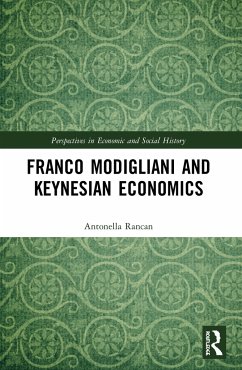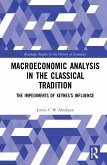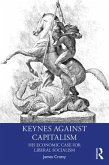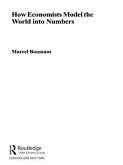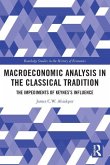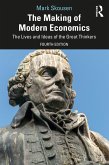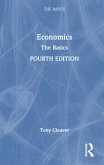This book follows the intellectual path of Franco Modigliani, Nobel Prize winner and one of the most influential Keynesian economists of the twentieth century, tracing his development and examining the impact of his research.
The book begins with Modigliani's early work as a young law student in 1930s Italy and traces his development through his emigration to the US, his introduction to Keynes' General Theory at the New School, and his seminal 1944 article on Keynesian and classical economics. The book also examines Modigliani's pioneering theory of savings: the life-cycle hypothesis (with Richard Brumberg), and the Modigliani-Miller theorem, a cornerstone of modern theory of finance. The book argues that although Modigliani is placed amongst the most prominent Keynesian economists, his connections with Keynesian theory are of secondary importance until the beginning of the 1960s when he joined MIT.
This is the first book to place Modigliani's thought in its proper historical context, showing how it related to wider economic concerns and examining the social and political implications of his work. It will be of interest to scholars in the history of economic thought, and especially post-war American Keynesian economics.
The book begins with Modigliani's early work as a young law student in 1930s Italy and traces his development through his emigration to the US, his introduction to Keynes' General Theory at the New School, and his seminal 1944 article on Keynesian and classical economics. The book also examines Modigliani's pioneering theory of savings: the life-cycle hypothesis (with Richard Brumberg), and the Modigliani-Miller theorem, a cornerstone of modern theory of finance. The book argues that although Modigliani is placed amongst the most prominent Keynesian economists, his connections with Keynesian theory are of secondary importance until the beginning of the 1960s when he joined MIT.
This is the first book to place Modigliani's thought in its proper historical context, showing how it related to wider economic concerns and examining the social and political implications of his work. It will be of interest to scholars in the history of economic thought, and especially post-war American Keynesian economics.
"Antonella Rancan's new book retraces the intellectual path of Franco Modigliani, from his early writings, including the famous article on Keynesian and classical economics (Modigliani 1944), to his contributions of the 1950s and 1960s.1 In this way, Rancan offers relevant insights into the origins and development of the neoclassical synthesis of Keynesian macroeconomic thinking."
"It stands to Rancan's credit that she traces the foundations of Modigliani's Keynesian belief in discretionary economic policy as a stabilising tool to his early convictions as student and young researcher. As Rancan makes clear, it is on the terrain of empirical analysis, economic policy and value judgements, rather than on the strictly theoretical ground, that Modigliani's Keynesianism is defined."
Paolo Paesani
Review of Political Economy
"It stands to Rancan's credit that she traces the foundations of Modigliani's Keynesian belief in discretionary economic policy as a stabilising tool to his early convictions as student and young researcher. As Rancan makes clear, it is on the terrain of empirical analysis, economic policy and value judgements, rather than on the strictly theoretical ground, that Modigliani's Keynesianism is defined."
Paolo Paesani
Review of Political Economy

